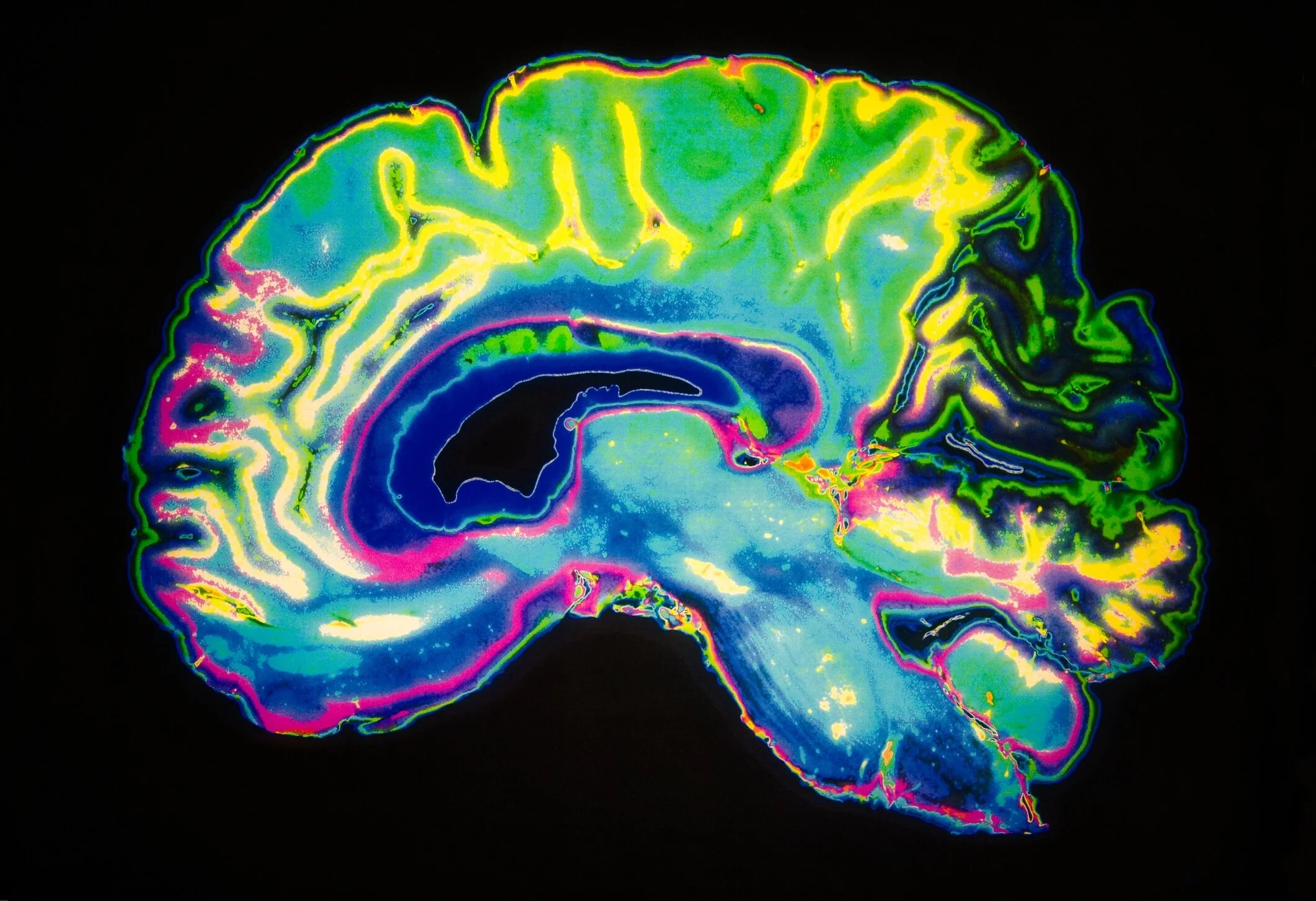Neuroscientists discovered that your current sleep quality might tell you when and at what speed Alzheimer's will emerge in your brain.
Limited slow-wave and rapid eye movement (REM) sleep could be a driving factor in the beta-amyloid (a toxic protein associated with Alzheimer’s Disease) accumulation in your brain - Image Credit: Gorodenkoff via Shutterstock / HDR tune by Universal-Sci
An estimated 44 million people suffer from Alzheimer's disease worldwide. To make matters worse, this worrying number of cases is on the rise. Scientists are hard at work trying to find ways to mitigate or even cure it. Recently researchers from UC Berkley unraveled a part of the puzzle.
It is difficult to predict when Alzheimer's Disease will set in, and at the moment, there is no known cure for this well-known form of dementia. However, neuroscientists may have found a way to determine a timeframe with some precision in which this chronic neurodegenerative disease is most likely to strike within someone's lifespan. Additionally, it turns out that deep restorative sleep may offer some protection. These and other findings have been published in the well-known journal: current biology.
Matthew Walker, neuroscientist and senior author of the paper, stated in a press release that there is a silver lining to their findings as there is something you can do in preventing the onset of the disease. In his words, the brain cleans itself during deep sleep; therefore, there may be a chance to turn back the clock by getting more sleep earlier in life.
The research team matched the quality of overnight sleep of 32 healthy older adults between the ages of 60 and 80 against beta-amyloid build-up (a toxic plaque) in their brains. Beta-amyloid has been identified as an essential factor in the onset and advancement of Alzheimer's.
For the experiment, every participant spent an 8 hour night of sleep in a lab while undergoing polysomnography, a battery of tests that record heart rate, brain waves, blood-oxygen levels, and other physiological indicators of sleep quality.
Throughout the multi-year research project, the scientists regularly tracked the growth rate of the beta-amyloid protein in the participants' brains using PET scans and examined the individuals' beta-amyloid levels against their sleep profiles.
Results showed that participants who started out experiencing more fragmented sleep and less non-REM and slow-wave sleep were most likely to show a rise in beta-amyloid throughout the experiment.
Image Credit: arka38 via Shutterstock / HDR tune by Universal-Sci
Although all participants prevailed healthy through the duration of the research, the course of their beta-amyloid build-up correlated with baseline sleep quality. The researchers were able to forecast the increase in beta-amyloid plaques, which are thought to mark the beginning of Alzheimer's.
Lead author of the study, Joseph Winer, declared that instead of waiting for a person to develop dementia years down the road, he and his team are capable of assessing to what extent the quality of sleep foretells alteration in beta-amyloid plaques across various points in time. In doing so, they can determine at what speed this toxic protein accumulates, potentially indicating the start of Alzheimer's Disease.
The results of the study also strengthen the connection between inadequate/poor sleep and Alzheimer's. Although foregoing studies have uncovered that sleep clears the brain of beta-amyloid deposits, these new findings recognize deep non-REM slow-wave sleep as the target of intervention against cognitive decline.
The findings might bring on a variety of preventative measures in health care. "If deep, restorative sleep can slow down this disease, we should be making it a major priority," Winer said. Future research might look at participants that have a higher risk of developing Alzheimer's Disease and execute methods that might boost the quality of their sleep.
Winer, Walker, and their team hope to eventually be able to lower the risk of developing this horrible disease with their newly acquired insights. If you are interested in further details about the study, be sure to check out the paper listed below.
Sources and further reading:
Can the MIND diet really lower the risk of developing dementia and improve your brain health? (Universal-Sci)
What is the difference between Alzheimer's disease and dementia? (Universal-Sci)
Sleep Disturbance Forecasts β-Amyloid Accumulation across Subsequent Years (Current Biology paper)
Alzheimer: How to prevent (Universalh
What is the difference between Alzheimer's disease and dementia?
FEATURED ARTICLES:
If you enjoy our selection of content please consider following Universal-Sci on social media



















